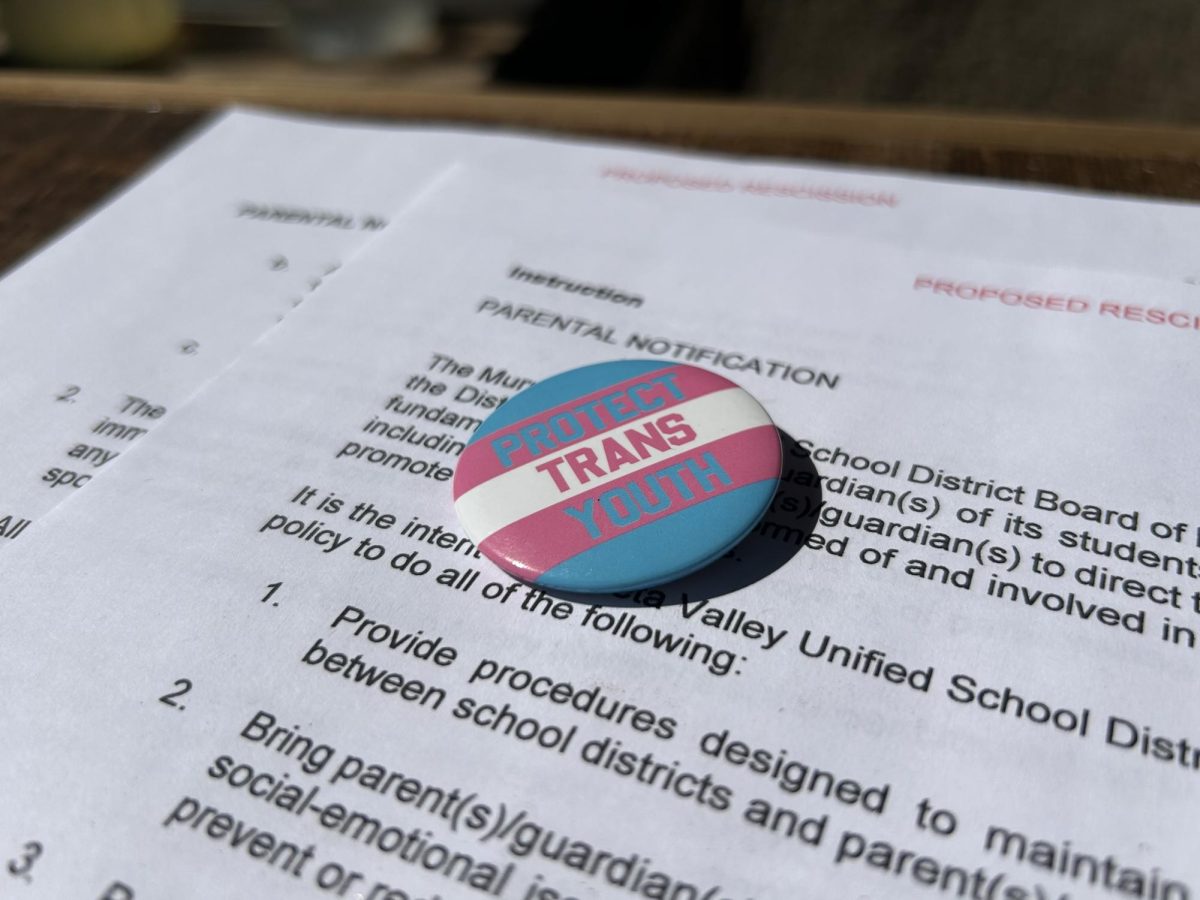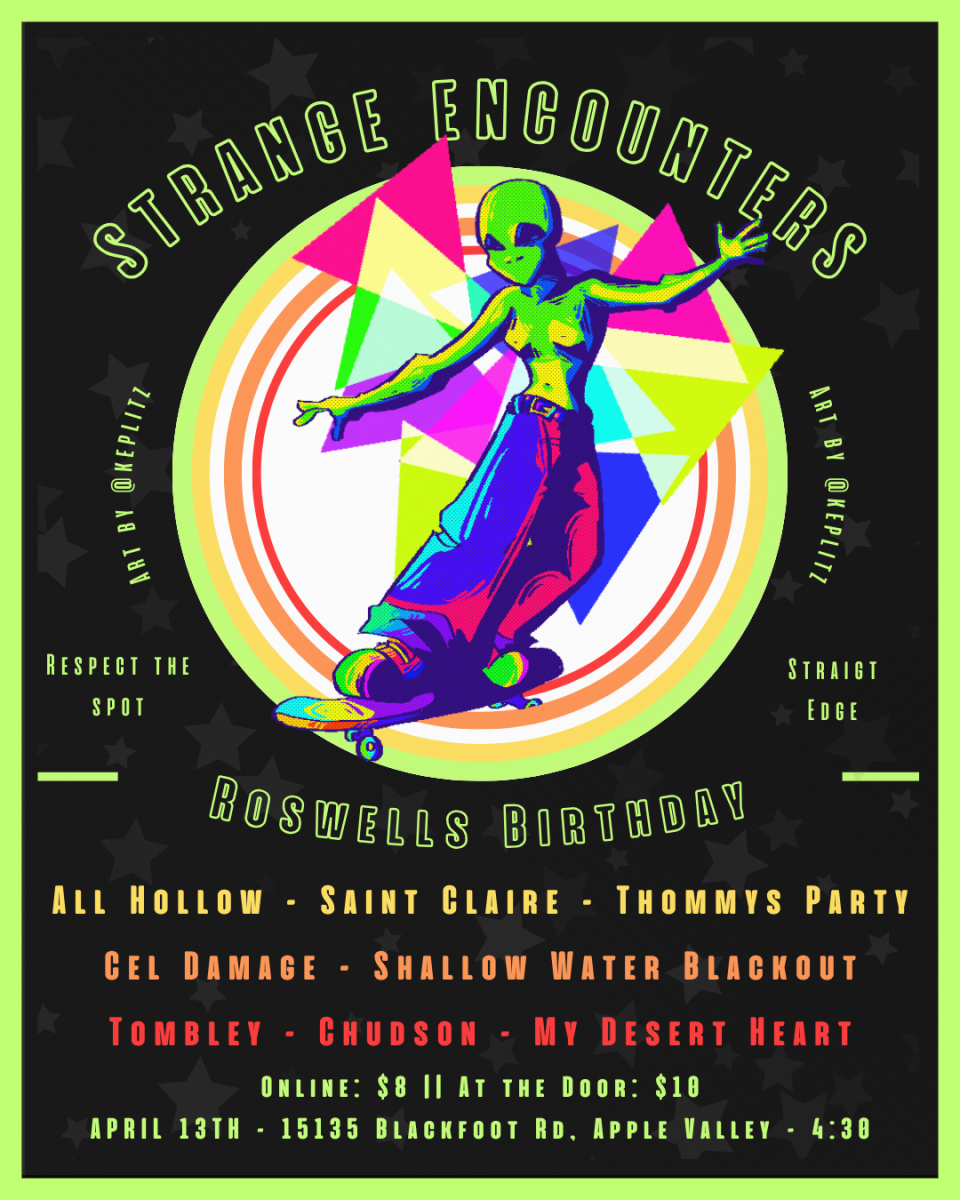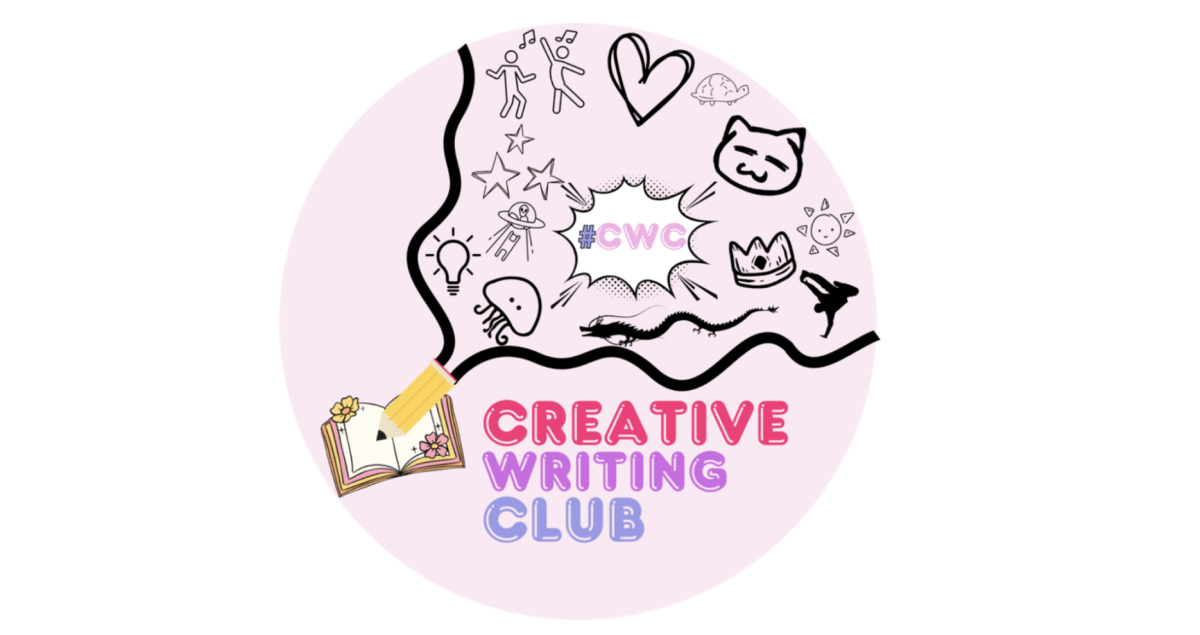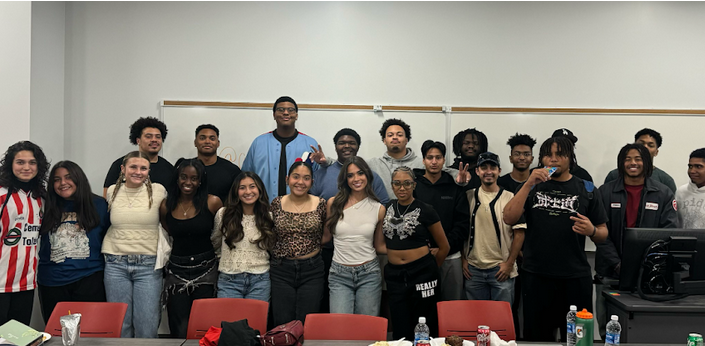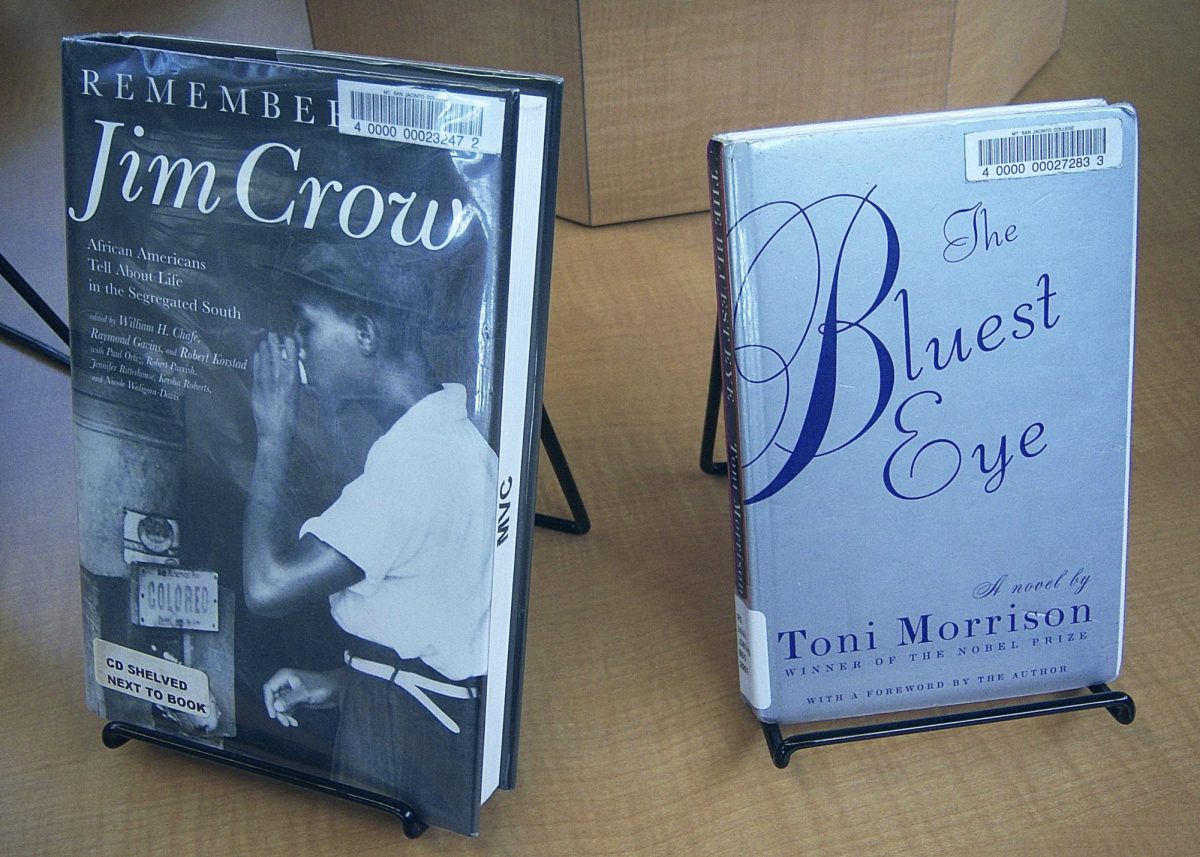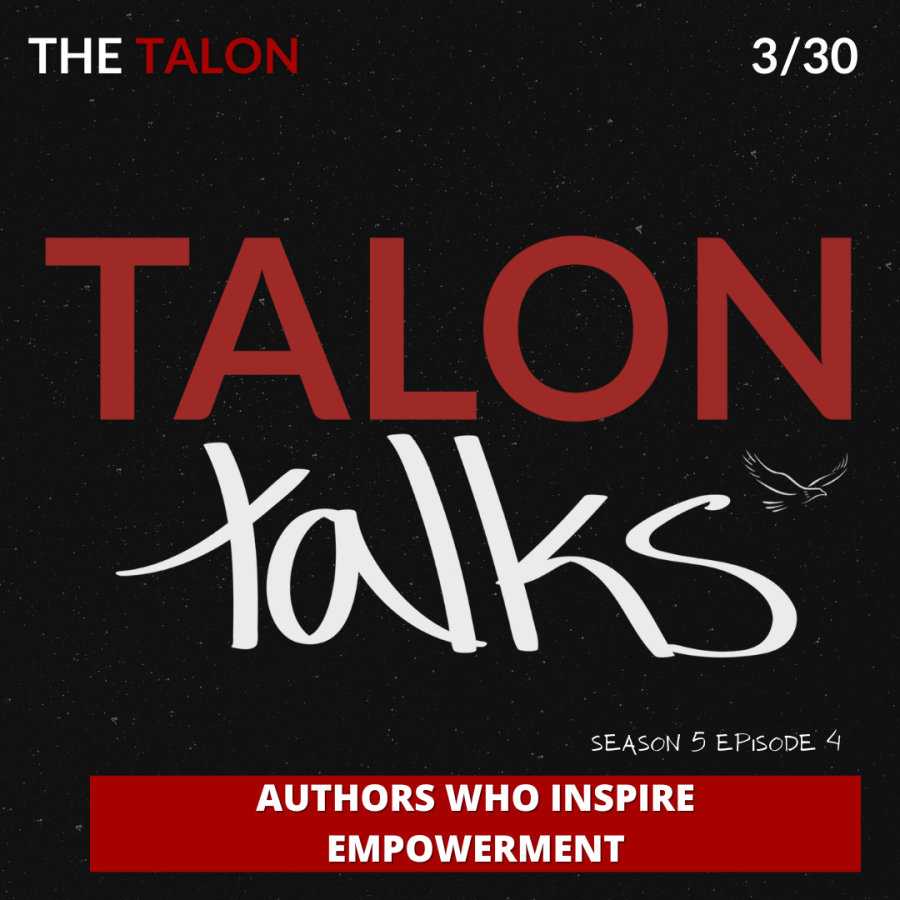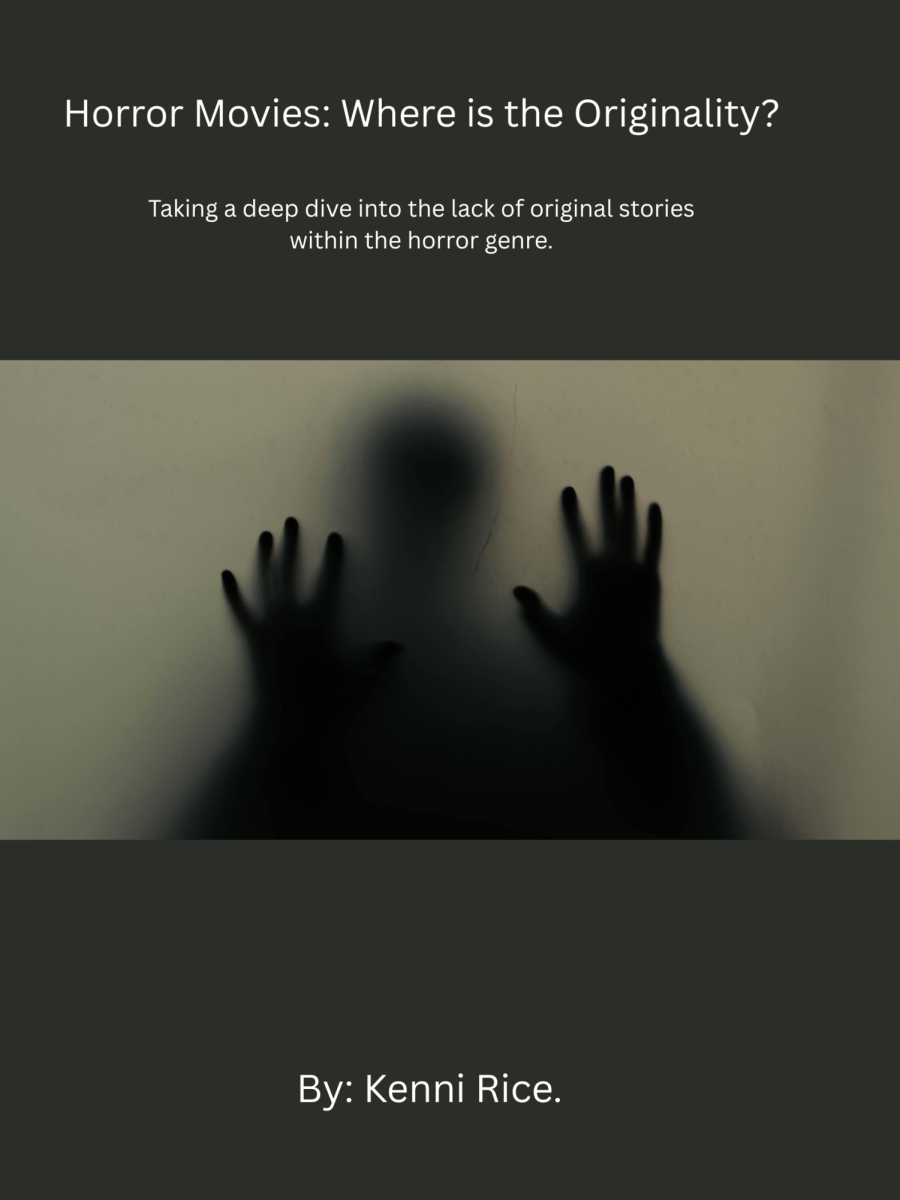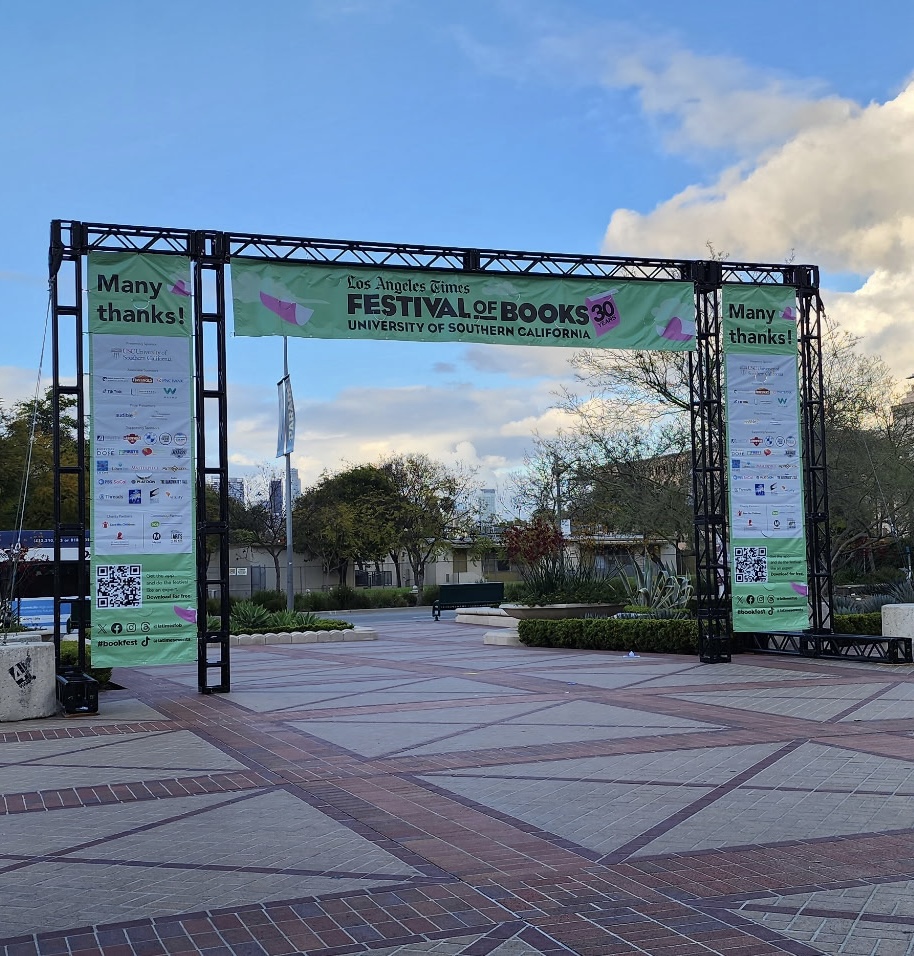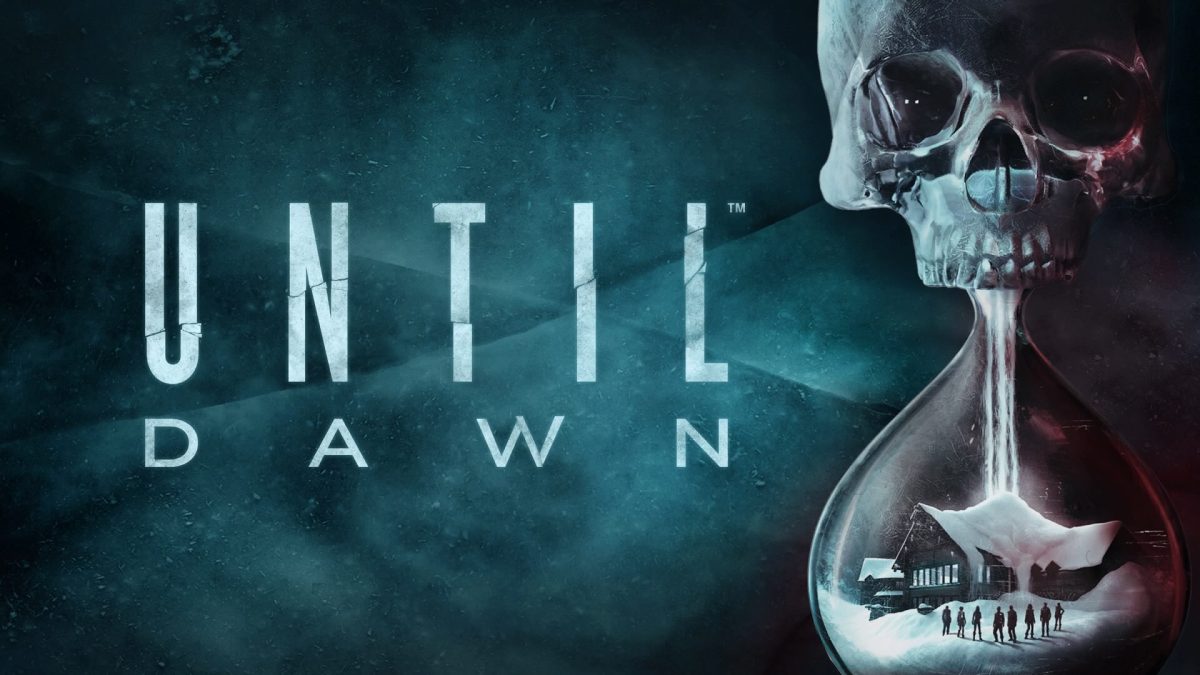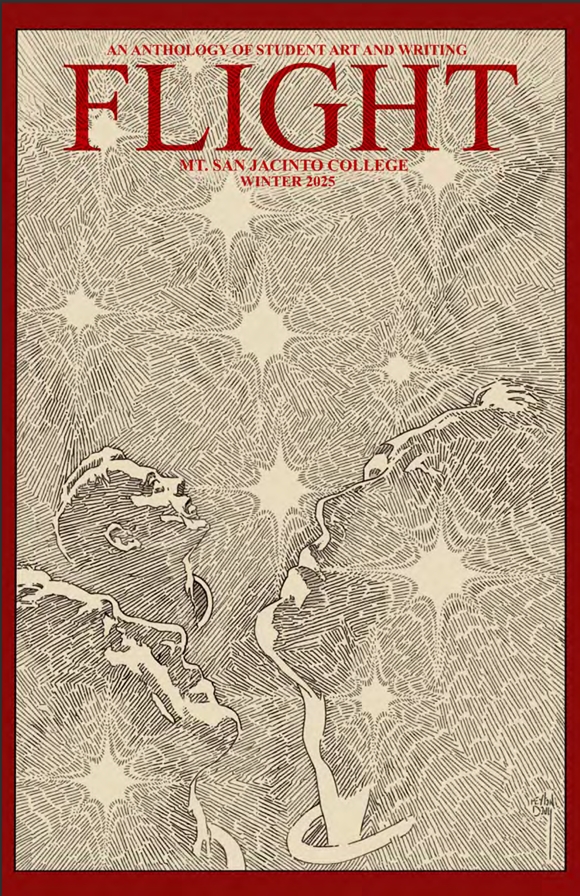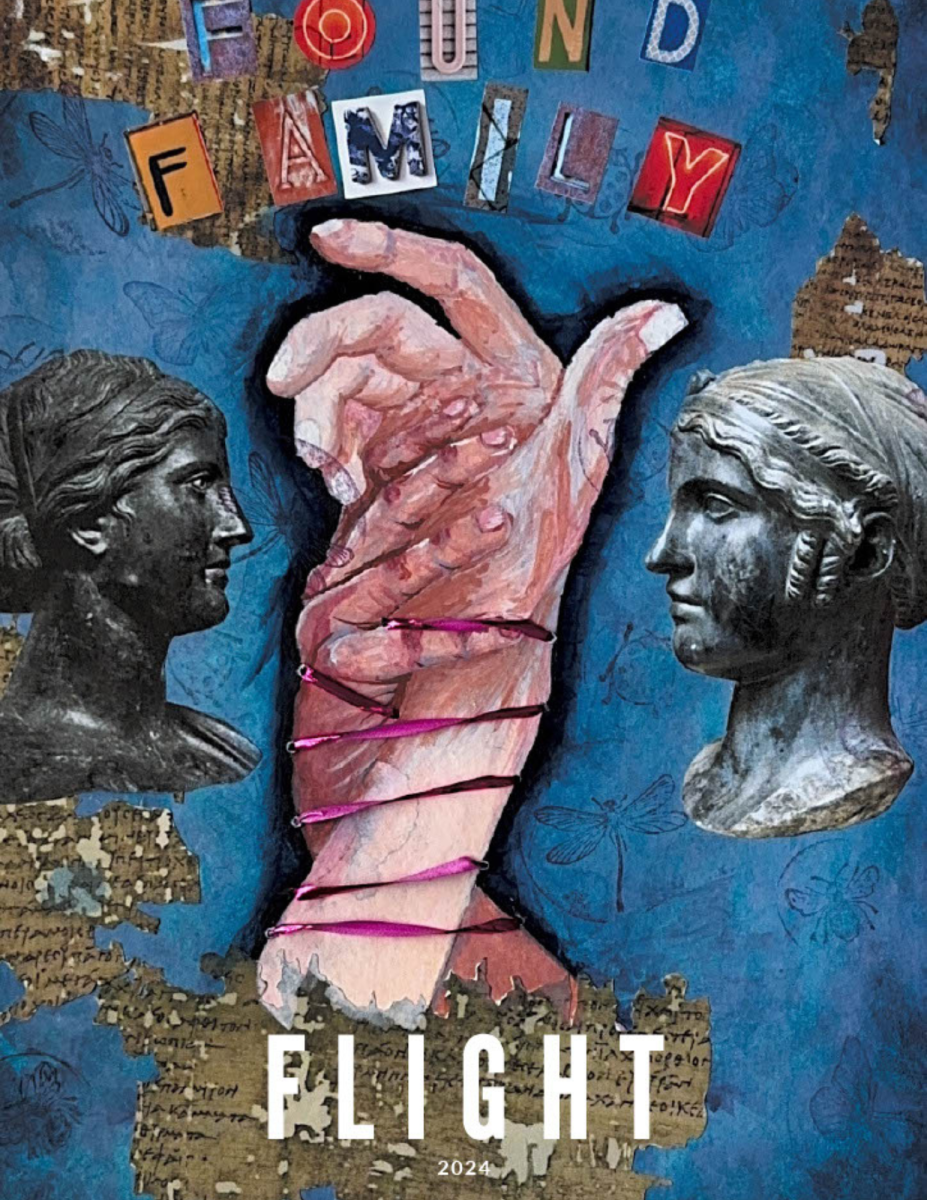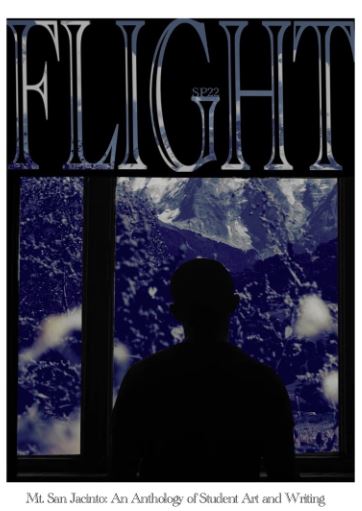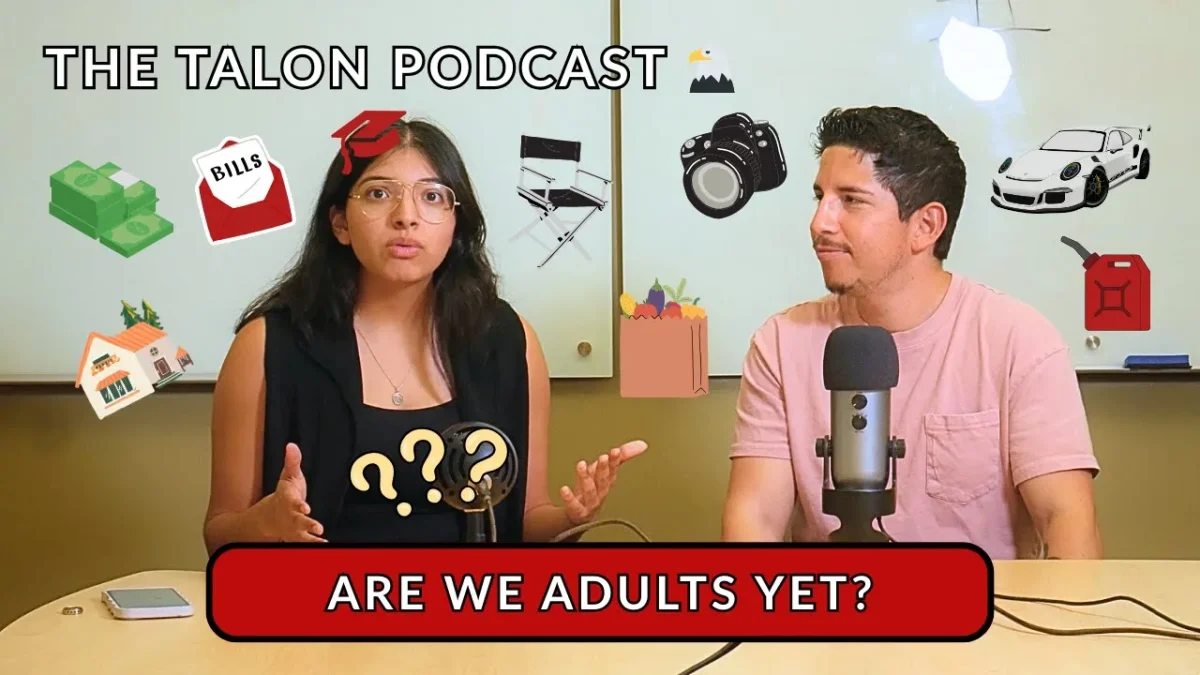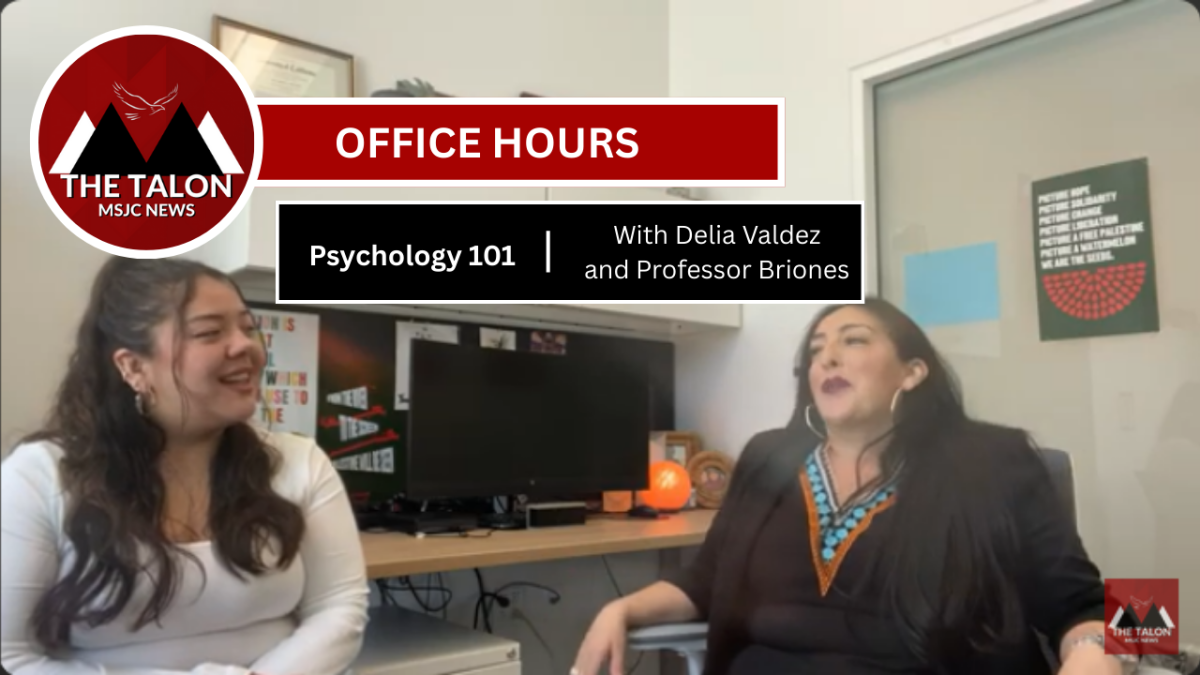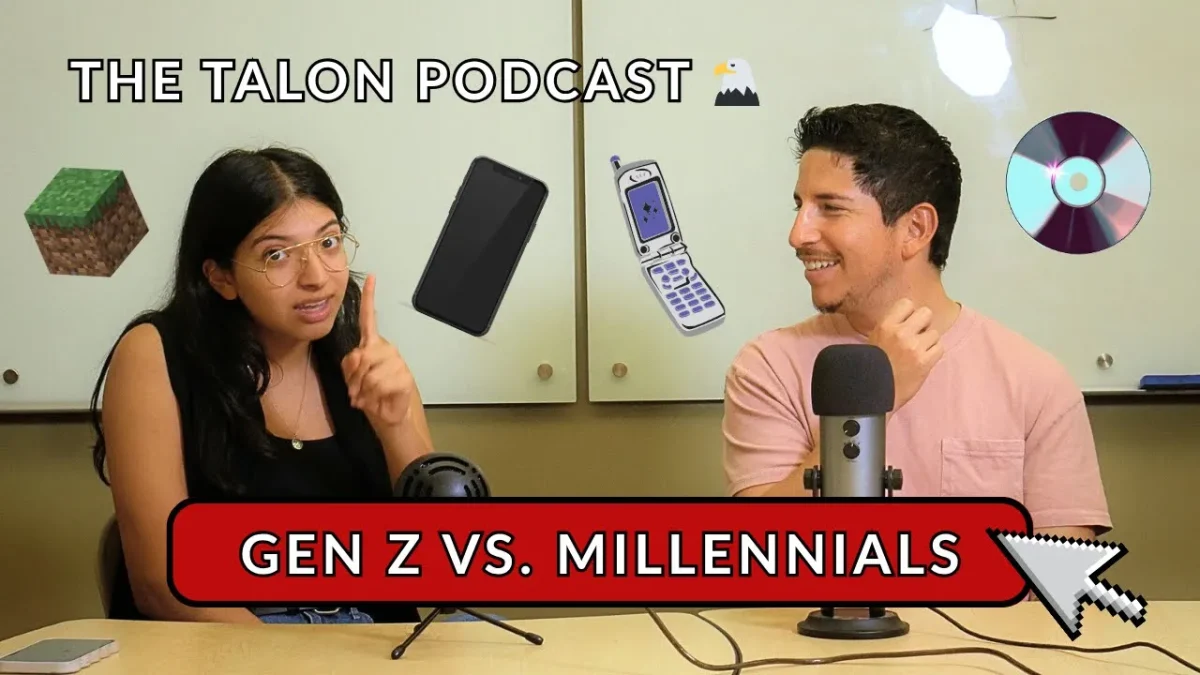Many albums were anticipated this spring, but none quite like The Tortured Poets Department, released on April 19th by the one and only Taylor Swift. Swift has been producing and releasing albums rapidly over the past few years, some new and some re-recorded. She announced the latest album after her critically acclaimed Midnights album won a Grammy in February. The Tortured Poets Department would be her eleventh studio album, and it was considered an 11/10 by most.
This album was quite different sonically from her others but focused on the lyrical aspect. We can see that through one of her main catchphrases throughout promotion, “all is fair in love and war.” Half the songs are written like poetry about the trials and tribulations of love and betrayal. As one of the biggest pop stars, she has little to hide because her personal life is all over the media. Besides the tremendous hard work, she has been putting in with her outstanding tour and multiple albums, her love life again has been tumultuous. She recently broke it off with her ex-boyfriend of seven years, Joe Alywn, and was caught in whirlwind romances with The 1975 lead singer Matty Healy and now current boyfriend, football player Travis Kelce. While the album does explain parts of these supposed romances, it’s much more than that. Swift has a way of making each experience in her life so exciting and at the same time relatable, which is why people are drawn to listening to it. The tracklist consists of 31 songs, initially 16, but of course, with Taylor Swift, there will always be a surprise. The same day, but two hours later, she released 15 songs ranging from happy to sad, romantic to heartbreaking. Although they are all based on her exciting life stories, which are all impactful, she left quite a few notable songs.
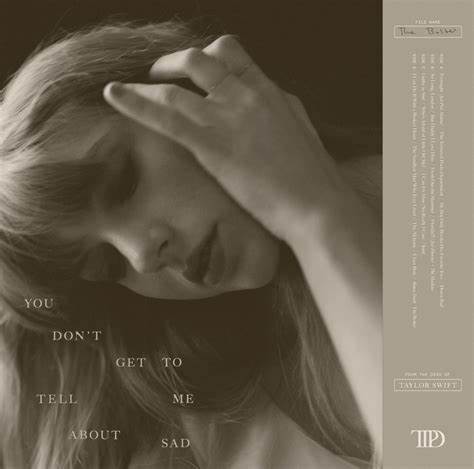
“The Smallest Man Who Ever Lived,” “loml,” “I Can Do It With A Broken Heart,” and “Clara Bow” are some of her stand-out songs from the album. These four hits present the artistic range that Swift had strived for. Starting with The Smallest Man Who Ever Lived, it’s a diss track, if not evident by the title. This song is rumored to be about The 1975’s lead singer Matty Healy and their off-and-on relationship that has been speculated ever since 2014. Specifically, recently, when they were seen out together and because of his frequent attendance record on her tour this summer, specifically May of 2023. A blatant lyric that points people in this direction is, “And I don’t even want you back I just want to know, If rusting my sparkling summer was the goal. And I don’t miss what we had, but could someone give a message to the smallest man who has ever lived?” Since they were seen out in the summer of last year, and it was a big time for her to shine, these lyrics match up. This song struck a chord with many people because of its powerful stance; at the end, she closes with, “And in plain sight, you hid, but what you are what you did. And I’ll forget you, but I’ll never forgive, the smallest man who ever lived.” Rather than plain wording, it’s direct and emasculating for the person she is writing about. She confronts him for his actions and comments on being the “smallest man” she’s met thus far.
Next up is “Loml,” one of the more heartbreaking songs on the album, which is surprising since “Loml” is usually an acronym for ‘love of my life.’ Well not in this case, the entire song details the ways the relationship went wrong, “what we thought was for all time was momentary, still alive killing time at the cemetery.” She believed this person to be her soulmate, her forever, but they were mistaken, of course, since the relationship ended. Still, she described the end as a death, ‘killing time at the cemetery,’ her relationship had died long before it fully ended. By this point in the song, we know it’s no longer about the love of her life, but in the last line, she reveals the true meaning of love, “And I’ll still see it until I die, You’re the loss of my life.” This play on words shows her as a stand-up lyricist, musician, and storyteller.
“I Can Do It With A Broken Heart” is self-explanatory and so do the lyrics. Swift explains that throughout her tour, she was miserable but a “tough kid” and held up the appearance of having “the time of her life.” This confession of lyrics is paired with a completely different sound than expected. It has a fun pop sound similar to one of her more famous songs ‘Shake it Off.’ Stylistically, this choice was made to reflect its content; how she felt was not reflected while she was at work, on tour in the same way that she masks the sadness of the lyrics with an upbeat tune.
Last up is Clara Bow, a song about the music industry, specifically being a woman paving your way in it. Getting big in the music industry is a once-in-a-lifetime opportunity, but it comes at a cost: constantly being compared and losing some sense of self along the way. In this song, she goes from Clara Bow, to Stevie Nicks and to herself. Swift knows its a pattern, as an artist you will be compared to the ones that come before you and although it’s an honor to be picked by the people to have so much musical power where does the line end to simply be yourself?

There are 27 other songs to look into, but these few give a pretty good overview of this album’s complicated but enticing nature. There are also two features and one call-out. The two features are her known friends Post Malone on Fortnight and Florence+ the Machine “on Florida!!!” The call-out is on the song titled “ThanK You aIMee,” specifically capitalized. This was also to spell out Kim, as in Kim Kardashian’s known ‘enemy’ of Taylor. As mentioned, this album is complicated, which has made it well-received. People are enticed by pop culture and overall celebrity drama, and this has created some buzz. On top of the buzz it created, many who listened appreciated its beauty. Rolling Stone did that in their album review, calling her “more gloriously chaotic than we’ve ever heard her before.” Others found it not so enticing. Pitchfork rated it a 6.6 overall and explained that it used techniques already used by Swift. They explain that these sad and detailed songs “smother rather than sting.”
Music is personally interpretive. For Taylor Swift, it was a release of emotions from the stories in her life. As listeners, it’s music to enjoy and apply to our own lives. Some will love it, and some won’t, but that’s the beauty of music and expression. If her line, “All that’s fair in love and poetry,” interests you, this album powerfully represents that and something you should check out.










